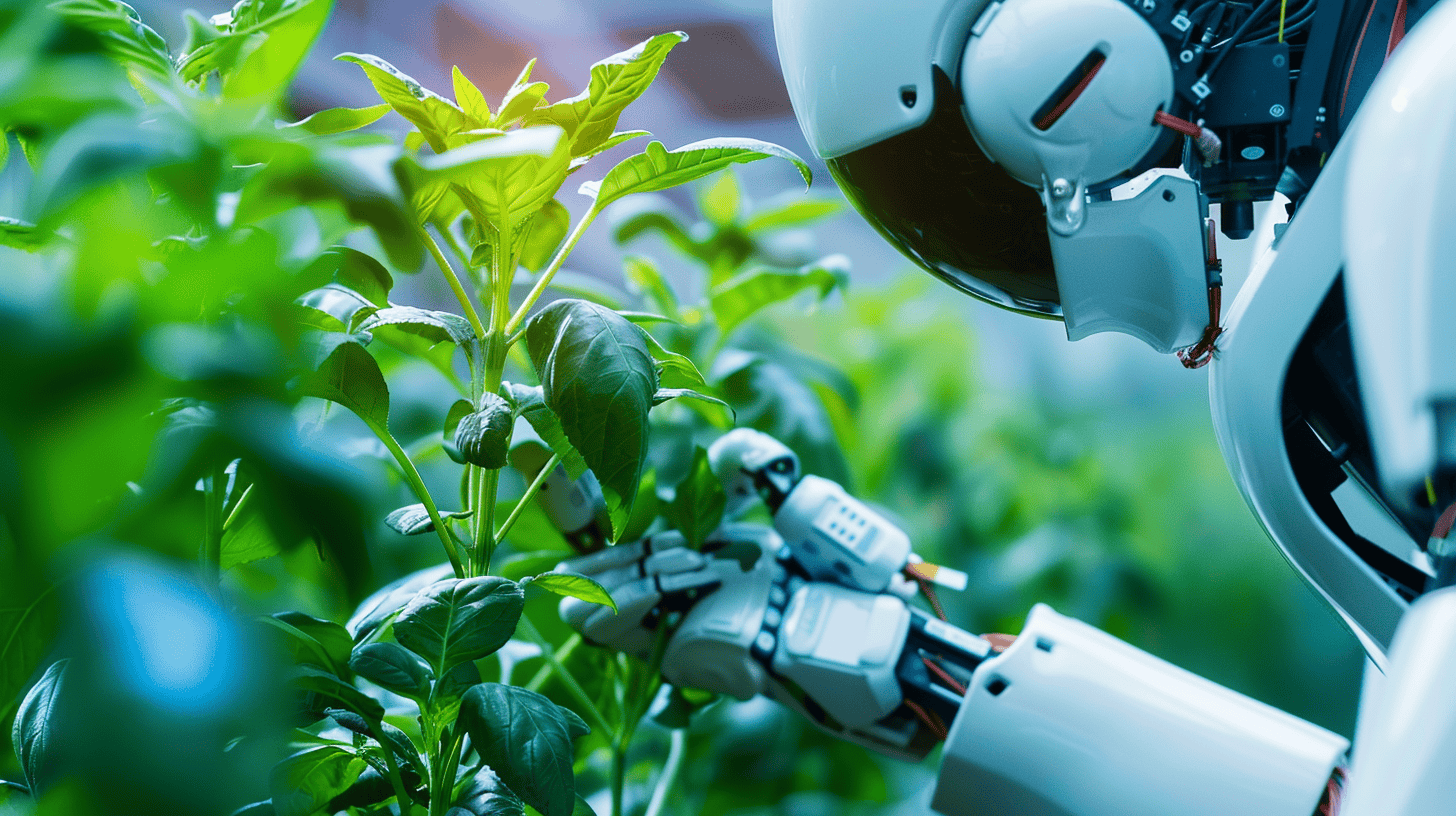
Like the vitamin shots that line the shelves of your favorite supermarket, IO is preparing a monthly (snap) shot for you with some of the most exciting developments and the most important news about healthcare and agriculture of the past weeks. This month’s main ingredients? New hopes for spinal cord injury patients, AI stepping in for helping to find new tumor treatments, and a fresh round of funding for a company working on peritoneal cancer care.
1. ONWARD Medical’s successful trial
ONWARD Medical, an Eindhoven-based company, announced the publication of a clinical study that tested the capabilities of its electrical stimulation therapy for spinal cord injury patients. The trial, conducted on sixty participants across four countries, showed that 72% of the patients improved in strength and functionality without significant side effects.
Arc-Ex Therapy is an innovative treatment method that uses noninvasive electrical stimulation over the cervical spinal cord. During structured rehabilitation sessions, electrical stimulation is delivered externally through surface electrodes. This helps modulate neuronal activity, improving arm and hand functions in patients with chronic tetraplegia.

2. AI to the rescue in cancer research
Research coordinated by the Radboud University Medical Center of Nijmegen shows that AI recognizes prostate cancer better than radiologists. The paper demonstrated that the AI model researcher trained can detect about 7% more significant prostate cancer than radiologists. AI outperforms specialists by giving 50% fewer false alarms—signaling suspicious spots that later don’t turn out to be cancer. This research’s results will need follow-up studies to be validated.
Meanwhile, scientists at the Erasmus Medical Center in Rotterdam are leveraging AI to study leukemia treatment. The research group led by Prof. Ruud Delwel found a way to inhibit leukemia cells using AI. The scientists found a possible brake to acute myeloid leukemia (AML), a form of cancer in blood-forming cells. Specifically, they used AI models to identify the 3D structures of the proteins that interact when the disease occurs, understanding how they behave and paving the way to develop care to inhibit malicious protein development.
3. New partnership for healthcare innovations
Philips and the Maastricht University Medical Center (MUMC+) will collaborate on medical innovation development. Specifically, research will be conducted on image-guided treatments (cardiovascular interventions), digitalization of acute and ICU care, and developments in radiology for neurological and oncological care.
A previous example of joint innovation from the two parties is using and developing technology for the Philips LumiGuide. In October 2023, MUMC+ was the first hospital in the world to use the Philips LumiGuide for 3D visualization of catheters and guidewires in the body without X-ray during a vascular procedure. This new partnership will explore the application of this technology for other cardiovascular treatments. Philips, MUMC+, and UMC Utrecht previously worked together to develop this technology.
4. Funding for UPyTher
UPyTher, a start-up pioneering innovative therapeutics for treating patients with peritoneal cancer, raised new funding from a group of investors. Peritoneal cancer is an unmet medical need, often contributing to treatment failure and increased mortality rates in patients with colorectal, ovarian, and gastric cancers.
The height of the investment was not disclosed. The investment will enable the preclinical development of UPyTher’s lead product, UPT-211, for treating peritoneal metastases of colorectal cancer and prepare for the first in-patient studies. UPyTher aims to establish a new standard in intraperitoneal therapy that offers lifesaving opportunities for patients and makes intraperitoneal therapy simple, safe, and effective.

5. Crop design powered by AI
AI is impacting not only cancer research but also plant breeding. Michael Schon, a scientist at Wageningen University, is developing an AI-powered tool to compare non-coding RNA in plant genomes. GeneSketch is expected to accelerate and empower the development of new plant varieties that can better withstand weather. Although non-coding RNA doesn’t contain instructions to produce proteins, they are still important to the development of organisms, as they affect their appearance and properties.
Do you think we missed something? Contact us at [email protected], and let’s keep the conversation going!


